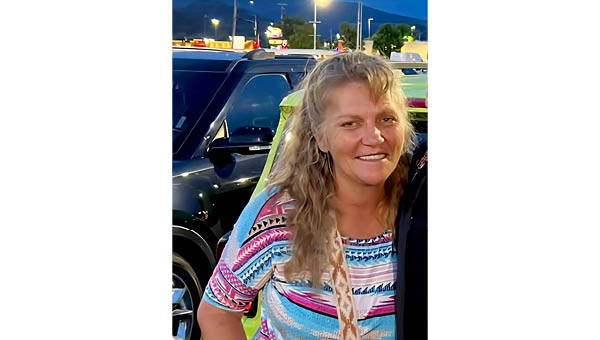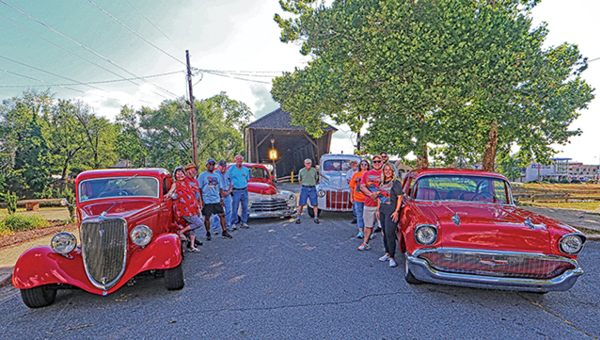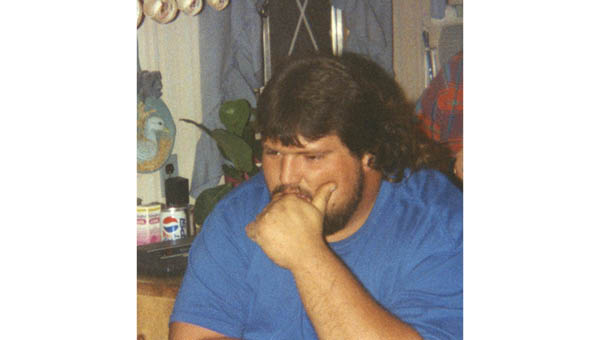Donate blood to ease shortage due to COVID
Published 3:22 pm Friday, January 21, 2022
|
Getting your Trinity Audio player ready...
|
Blood donors are increasingly hard to come by as Omicron spreads, resulting in the worst blood shortage in over a decade by the American Red Cross. The Tennessee Hospital Association is encouraging everyone who can, to donate blood.
The dangerously low blood supply levels have forced some hospitals to defer patients from major surgery, including organ transplants.
Blood supplies have never been this low, and the phrase “national crisis” is not being used lightly.
Factors contributing to the shortage include pandemic-related cancellations of blood drives, staffing challenges, and wintry weather.
Health officials regularly issue requests for blood donations. Maintaining adequate blood supplies is critical if the health care system is to continue treating patients and responding to emergencies.
But when Red Cross officials deploy the phrase “national crisis,” it’s not just a stunt. They want our attention for a serious reason. And they should get it.
The confluence of events that has led to this crisis is not surprising. COVID-19, with the surge of the Omicron variant, has again filled our hospitals with patients and pushed our health care system to the brink. Many Americans who are sick or worried about catching the virus during this surge are venturing out less; this includes both the donors and the volunteers needed to staff successful blood drives. And when the weather turns freezing or icy, additional people are disinclined to go out.
For nearly two years, the pandemic has changed our daily routines, forcing the Red Cross and other blood banks to work harder to find donors.
Fewer than 10% of Americans donate blood on a regular basis, even though about 37% of us are eligible. We’ll need more eligible people to step up and donate in order to get through this shortage.
What we’re already facing with COVID-19 will become a greater crisis if the health care system doesn’t have the blood supply it needs to meet patients’ needs.
Blood cannot be manufactured or stockpiled and can only be made available through the kindness of volunteer donors.
All blood types are needed now, especially types O positive and O negative, as well as platelet donations, to help reverse this national blood crisis.
The challenge is to get the word out to all potential donors. And the good news is that many people are eligible, and the process is safe. If there is not an immediate opportunity available to donate, donors are asked to make an appointment in the days and weeks ahead to ensure the Red Cross can replenish and maintain a sufficient blood supply.
If you’re worried about what COVID-19 safety protocols are in place, know that each Red Cross blood drive and donation center follows the highest standards of safety and infection control. Individuals who have received a COVID-19 vaccine are still eligible to donate blood and platelets. Knowing the name of the manufacturer of the vaccine they receive is important in determining blood donation eligibility.
A blood donor card or driver’s license or two other forms of identification are required at check-in. Individuals who are 17 years of age in most states (16 with parental consent where allowed by state law), weigh at least 110 pounds and are in generally good health may be eligible to donate blood. High school students and other donors 18 years of age and younger also have to meet certain height and weight requirements.
We urge all eligible individuals to make an appointment to donate blood or platelets now, to ensure that critical treatment options are always available for patients when needed.
You can find a local blood collection site and schedule an appointment to donate by contacting one of the following:
The American Red Cross of Northeast Tennessee is located at 660 Eastern Star Road, Kingsport. Call (423) 765-4222 or 1-800-733-2767.
The Marsh Regional Blood Center is located at 2428 Knob Creek Road, and is open Monday and Thursday from 10:30 a.m. to 6 p.m. and Monday, Wednesday and Friday from 8:30 a.m. to 4 p.m. For more information call (423) 282-7090.
Marsh Regional Blood Center has scheduled a community drive Jan. 26 at TCAT in Elizabethton from 10 a.m. to 3 p.m.
Every unit of blood is giving someone life.





